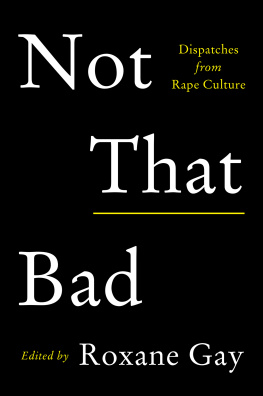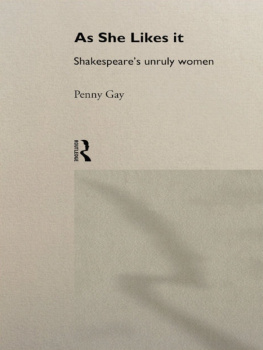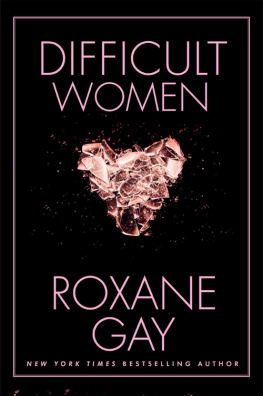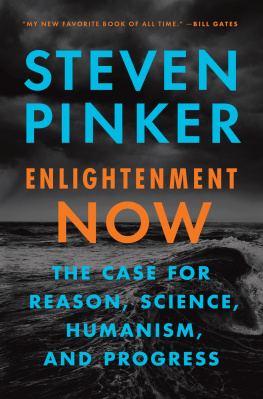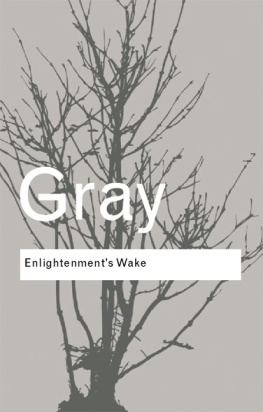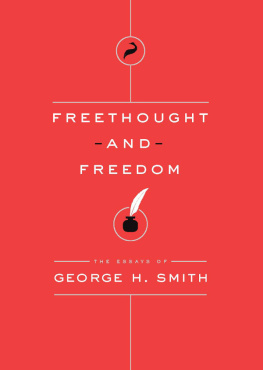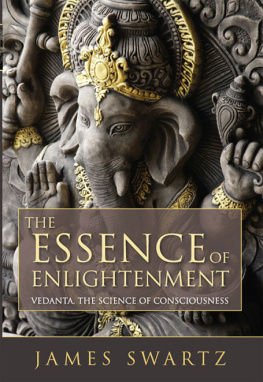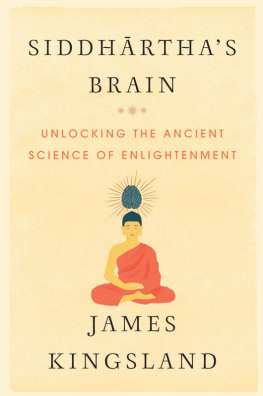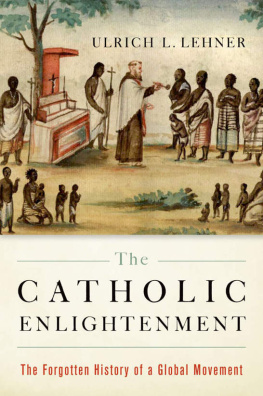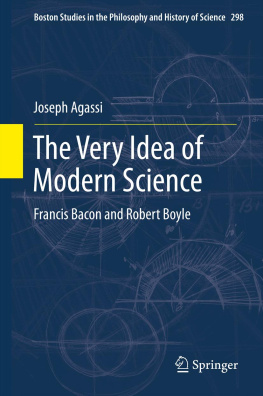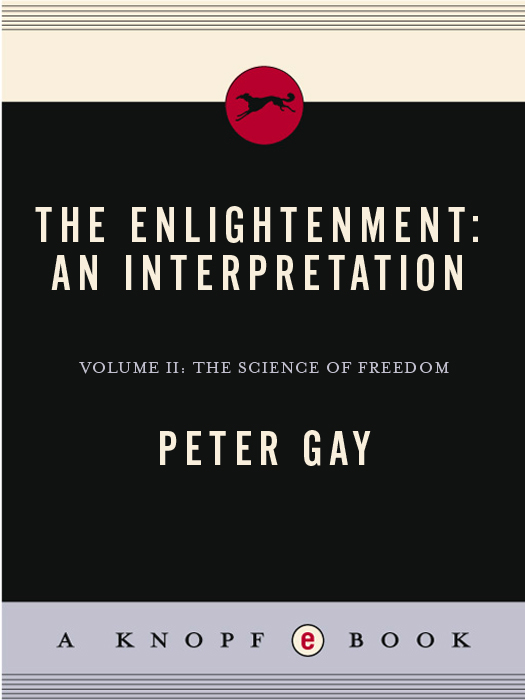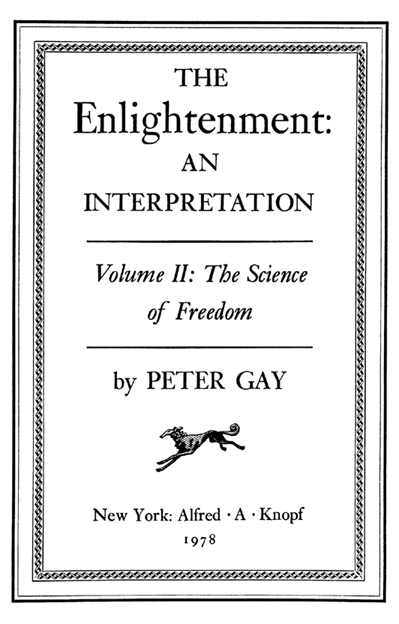B OOKS BY P ETER G AY
Weimar Culture: The Outsider as Insider (1968)
The Enlightenment: An Interpretation, Volume I, The Rise of Modern Paganism (1966)
A Loss of Mastery: Puritan Historians in Colonial America (1966)
The Party of Humanity: Essays in the French Enlightenment (1964)
Voltaires Politics: The Poet as Realist (1959)
The Dilemma of Democratic Socialism: Eduard Bernsteins Challenge to Marx (1952)
Translations with Introductions:
Voltaires Candide (1963)
Voltaires Philosophical Dictionary, 2 vols. (1962)
Ernst Cassirers The Question of Jean-Jacques Rousseau (1954)
Anthologies:
Deism: An Anthology (1968)
John Locke on Education (1964)

THIS IS A BORZOI BOOK
PUBLISHED BY ALFRED A. KNOPF , INC.

P UBLISHED N OVEMBER 11 , 1969
S ECOND P RINTING , F EBRUARY 1978
Copyright 1969 by Peter Gay
All rights reserved under International and Pan-American Copyright Conventions. Published in the United States by Alfred A. Knopf, Inc., New York, and simultaneously in Canada by Random House of Canada Limited, Toronto. Distributed by Random House, Inc., New York.
Library of Congress Catalog Card Number:
6610740
Portions of Chapter One first appeared in slightly different form as The Enlightenment as Medicine and as Cure, in The Age of Enlightenment: Studies Presented to Theodore Besterman, edited by W. H. Barber et al. (Published by Oliver and Boyd, Edinburgh and London, 1967, for the University Court of the University of St. Andrews.) Portions of the Finale first appeared in slightly different form as A Program in Practice: Americas Meaning for the Enlightenment, in University Review, 1 (May 1969).
eISBN: 978-0-307-83145-3
v3.1
FOR RUTHIE,
again
Aufklrung ist der Ausgang des Menschen aus seiner selbstverschuldeten Unmndigkeit. Unmndigkeit ist das Unvermgen, sich seines Verstandes ohne Leitung eines Anderen zu bedienen. Selbstverschuldet ist diese Unmndigkeit, wenn die Ursache derselben nicht an Mangel des Verstandes, sondern der Entschliessung und des Mutes liegt, sich seiner ohne Leitung eines Andern zu bedienen. Sapere aude! Habe Mut, dich deines eigenen Verstandes zu bedienen! ist also der Wahlspruch der Aufklrung.
IMMANUEL KANT , Was ist Aufklrung?
But why is the experiment of an extended republic to be rejected merely because it may comprise what is new? Is it not the glory of the people of America, that whilst they have paid a decent regard to the opinions of former times and other nations, they have not suffered a blind veneration for antiquity, for custom, or for names, to overrule the suggestions of their own good sense, the knowledge of their own situation, and the lessons of their own experience? To this manly spirit, posterity will be indebted for the possession, and the world for the example of the numerous innovations displayed on the American theatre, in favor of private rights and public happiness.
JAMES MADISON , The Federalist, No. 14
Lhistoire des empires est celle de la misre des hommes. Lhistoire des sciences est celle de leur grandeur et de leur bonheur.
EDWARD GIBBON , Essai sur ltude de la littrature
Preface

T HIS VOLUME , the second, completes my attempt at defining the Enlightenment which I began with The Rise of Modern Paganism, published in 1966. Like the first, the present volume stands on its own: in The Rise of Modern Paganism I analyzed the philosophes rebellion against their Christian world and their appeal to classical pagan thought; I dealt, in a word, with their education. In this volume I am analyzing the philosophes environmentthe economic and cultural changes that made the philosophy of the Enlightenment relevant and in fact inevitable, the position of writers and artists which gave substance to the philosophes demands and to their expectationsand the philosophes program, their view of progress, science, art, society, and politics. The Science of Freedom, as I have called this book in allusion to the philosophes method and goal, may thus be read independently, as the social history of the philosophes philosophy. At the same time, the two volumes belong together, and I have stressed this wholeness by embracing both in a common title, The Enlightenment: An Interpretation, and by constructing them in a dialectical triad: volume I includes the first two books, the thesis and antithesis; volume II includes book three, The Pursuit of Modernity, which describes the synthesisthe philosophes philosophy.
The organizing principle of these two volumes is the Enlightenment taken in its narrow sensethe Enlightenment of the philosophes: I designed the three books, and their dialectical interplay, as an archetypical definition of the philosophes experience. Butas I was aware from the beginning, said at the earliest possible moment in the first volume, and reiterate in the present volumethe narrow Enlightenment of the philosophes was embedded in a wider, more comprehensive atmosphere, the atmosphere of the eighteenth century, which may be called, without distortion, the Age of the Enlightenment. It was from this age that the philosophes drew ideas and support, this age which they partly led, partly epitomized, and partly rejected. I have, especially in this volume, tried to specify the relations between the two Enlightenmentsthe philosophic movement and its environment. These relations were very complex, and they were, as I have just suggested, partly hostile, partly friendly. But complex as they were, an understanding of them is essential to any full definition. To put it another way: Samuel Johnson and Voltaire, Pope and Hume, even Wesley and Lessing, had much in common, even though much divided them; while I have concentrated on Voltaire, Hume, and Lessing in these volumes, I have not forgotten the others.
My enterprise has invited two misunderstandings, and I might do well to take account of them here. I am committed to the proposition that we can write collective history, and need not be reduced to the biography of single minds. At the same time, I know that the Enlightenment, even the narrow Enlightenment of the philosophes, was rich, various, and sometimes contradictory. Both in the first volume and in the present one, I have used the word family to describe the philosophes, because that word seemed to me to do justice at once to the affinities and the divergencies among the philosophes. It is certainly of importance to record that the aesthetic ideas of Diderot and of Lessing were not the same; that Hume and Voltaire differed in their political philosophy; that the philosophes ideas on progress, science, education, and other matters ranged across a fairly wide spectrum. I have recorded itthis is one reason, indeed the main reason, why my two volumes are so long. And this is why my general definition of philosophe makes no specific reference to political or aesthetic ideas. In this fashion I have tried to do justice to the wealth of history, to nuances, idiosyncrasies, and, at the same time, to the clusters, the


